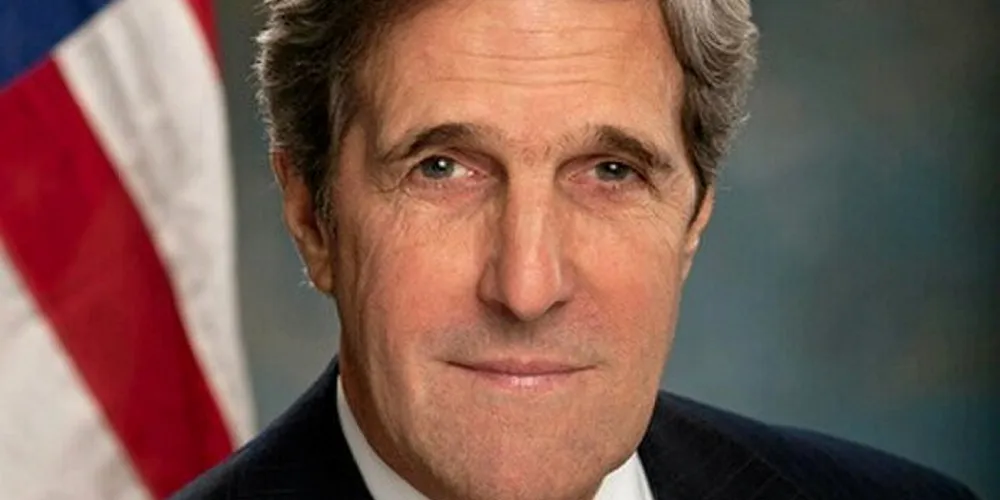US set to announce global nuclear fusion strategy at COP28
John Kerry is expected to outline plans next week when he is joined by Eni boss Descalzi on visit to Commonwealth Fusion

The US will reportedly use the COP28 climate summit in Dubai as a platform to lay out a first international strategy for commercialising nuclear fusion power.
New advances mean nuclear fusion is being touted as a potential source of abundant, carbon-free electricity which, unlike today's nuclear fission plants that split rather than fuse atoms, does not produce long-lasting radioactive waste.
The former secretary of state will outline a strategy that foresees strengthened cooperation with other countries as part of an effort to speed commercial deployment.
One of the sources said COP28 — which runs from 30 November to 12 December — will provide a "starting gun for international cooperation" on nuclear fusion, and added that Kerry will present the technology as a climate "solution, not a science experiment".
The US signed a cooperation agreement on nuclear fusion with the UK on 8 November.
Essentially tapping the same process that releases light and heat from stars, fusion can be replicated on Earth, for example using lasers or magnets to fuse two light atoms into a denser one, requiring but then also releasing large amounts of energy.
The challenge of achieving a net gain of energy from a commercially viable process has baffled scientists for decades, but the team in California claim to have made a breakthrough on this front, using lasers.
Kerry, who as a US senator more than a decade ago backed legislation that would fund fusion research at the Massachusetts Institute of Technology, will tour Commonwealth Fusion with Claudio Descalzi, CEO of Italian energy company Eni, Reuters stated.
Commonwealth Fusion, and several other companies, are focusing on a technology that uses powerful magnets to trap plasma, or gaseous hydrogen heated to about 55 million degrees Celsius until atoms fuse.
Eni is working on four fusion research partnerships in Italy and the US, including one with Commonwealth.
"I will have much more to say on the United States’ vision for international partnerships for an inclusive fusion energy future at COP28," Kerry said in a statement quoted by Reuters.
Decades of federal investment is transforming fusion from an experiment to "an emerging climate solution", he added.
Hurdles remain
The obstacles to producing commercial electricity from the fusion process remain daunting, partly because researchers have yet managed to sustain the ignition process in a way that demonstrates a capacity to generate electricity continuously and on a large scale.
Some scientists say fusion will be too expensive and take too long to develop to help in the fight against climate change in the foreseeable future.
There are also regulatory, construction and siting hurdles in the way of creating new power plants to replace parts of existing energy systems.
In 2023, international fusion companies have garnered about $1.4bn in investments for a total of about $6.21bn in mostly private money, but the trend was not yet upwards, the FIA reported.